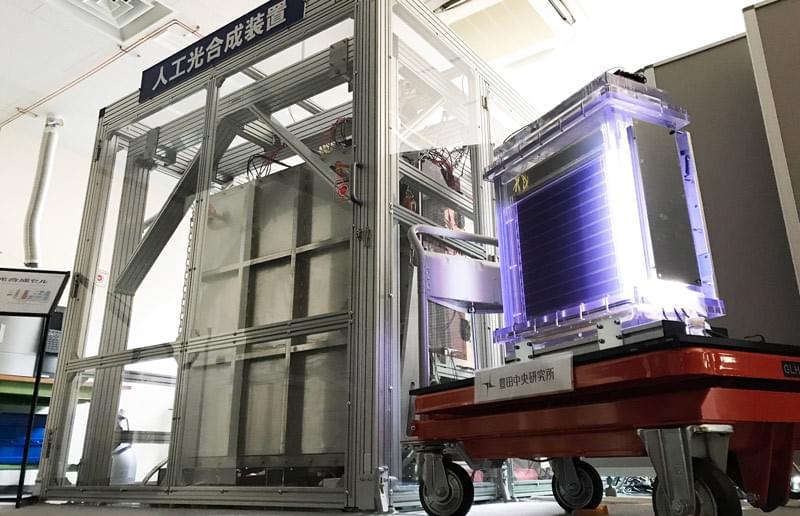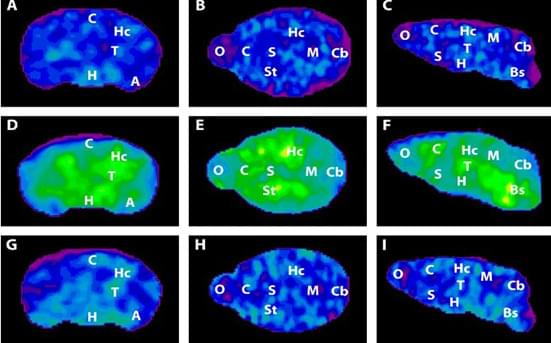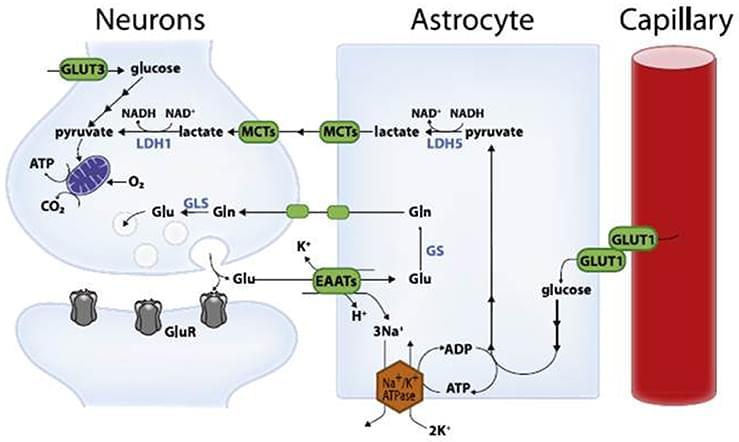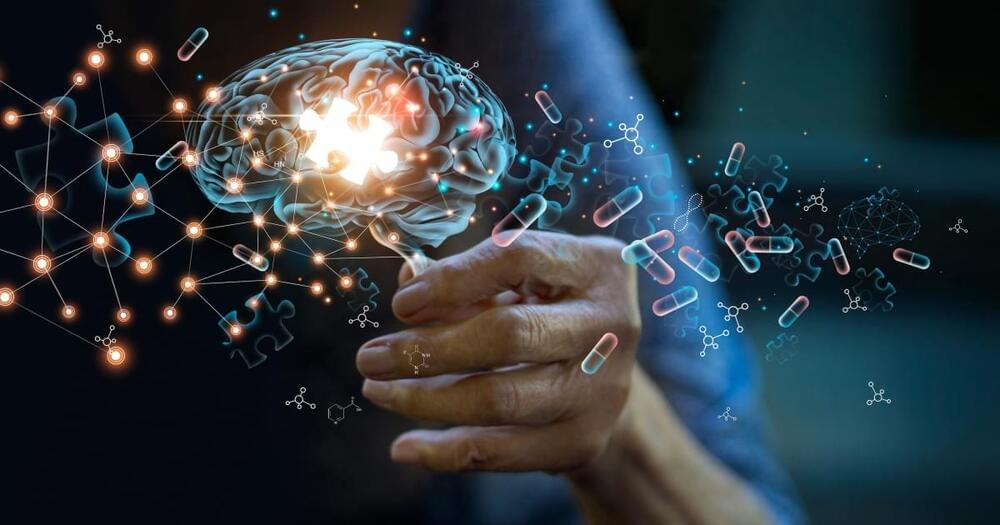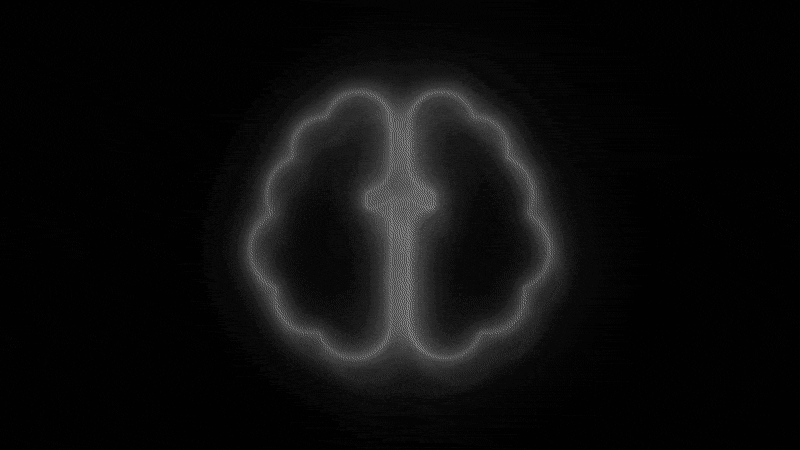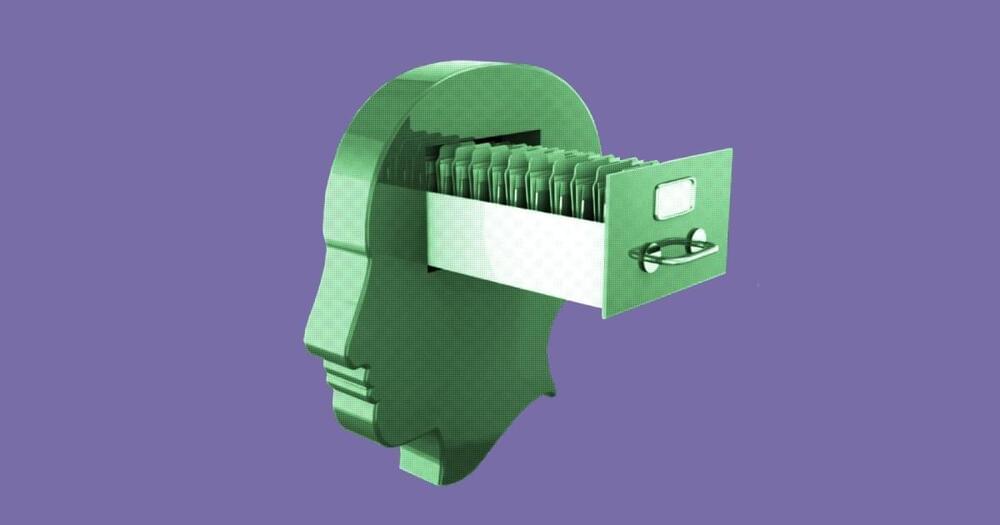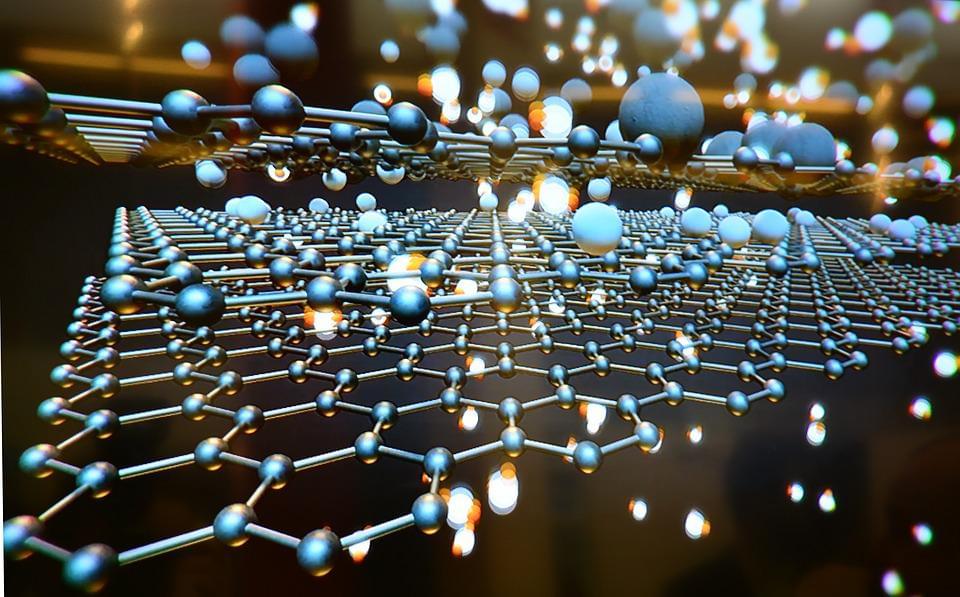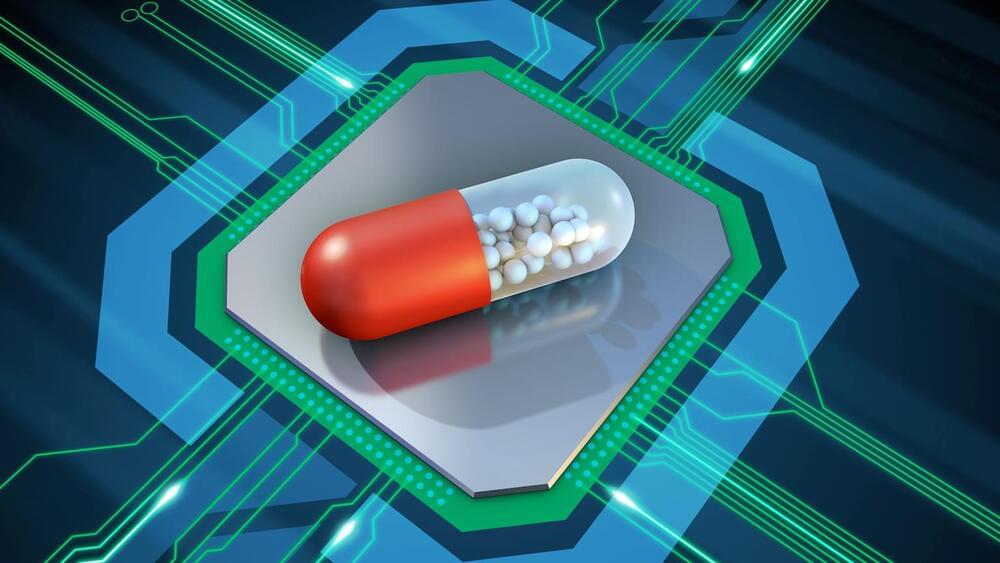Nov 9, 2022
A new leaf unfolds in artificial photosynthesis
Posted by Quinn Sena in categories: chemistry, solar power, sustainability
In 2021, researchers from Toyota Central R&D Labs developed a large, cost-effective artificial photosynthesis system that produces industrial formate at a solar-to-chemical conversion efficiency (ηSTC) of 10.5%1. Researchers from the lab say that, to their knowlege, this ηSTC is a first for a one metre squared cell.
Within the next 10 years, the company aims to establish artificial photosynthesis technology for wide-scale production of useful carbon compounds.
